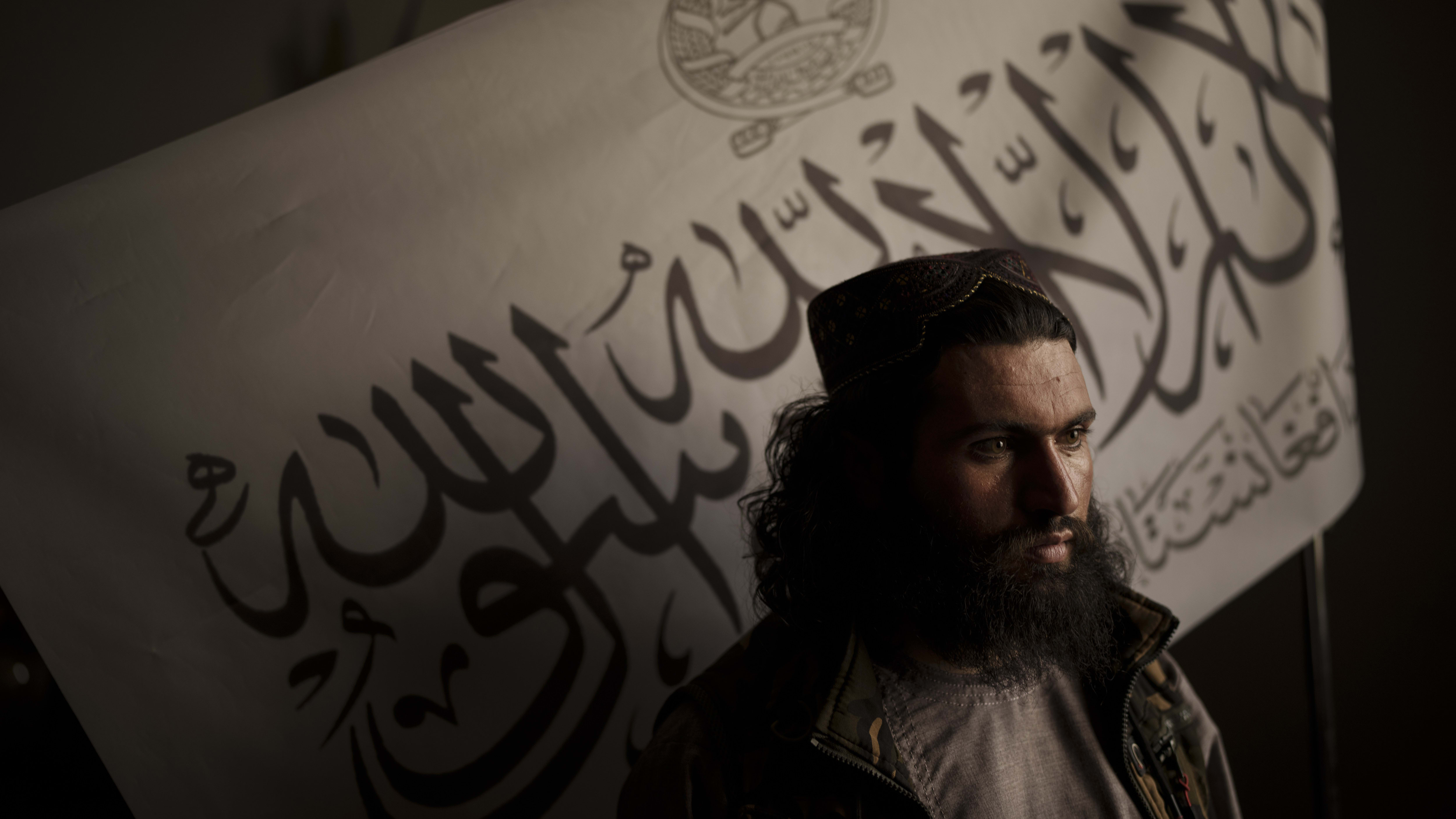Taliban official says executions will return: 'No one will tell us what our laws should be'


A free daily email with the biggest news stories of the day – and the best features from TheWeek.com
You are now subscribed
Your newsletter sign-up was successful
Mullah Nooruddin Turabi, a founder of the Taliban who is now in charge of Afghanistan's prisons, told The Associated Press that while the strict Islamist group has "changed from the past," they will once again carry out executions and amputations.
During the Taliban's previous rule in the 1990s, Turabi was the justice minister and head of the group that effectively served as Afghanistan's religious police. Executions and amputations were held in public places — convicted murderers were shot in the head by a member of their victim's family, while convicted thieves and highway robbers lost hands and sometimes feet.
"Everyone criticized us for the punishments in the stadium, but we never said anything about their laws and their punishments," Turabi told AP. "No one will tell us what our laws should be. We will follow Islam and we will make our laws on the Quran." He added that "cutting off of hands is very necessary for security," as it deters others from stealing, and the Taliban is working to "develop a policy" on whether amputations and executions should again be done in public.
The Week
Escape your echo chamber. Get the facts behind the news, plus analysis from multiple perspectives.

Sign up for The Week's Free Newsletters
From our morning news briefing to a weekly Good News Newsletter, get the best of The Week delivered directly to your inbox.
From our morning news briefing to a weekly Good News Newsletter, get the best of The Week delivered directly to your inbox.
AP reports that this week, Taliban fighters in Kabul carried out a punishment that they used previously, involving publicly humiliating men accused of minor theft. During at least two occasions, men were put in the back of a truck and driven around the city — in one case, some of the men's faces were painted, and in the other, they had stale bread stuffed in their mouths, AP says.
Turabi is a hardliner, and in the 1990s, he ripped cassettes out of car radios, had his underlings beat men who trimmed their beards, and slapped a man who objected to him screaming at a woman journalist. Today, he said, the Taliban has "changed from the past." Afghan citizens will be able to have televisions, cell phones, and take photos and videos, he added, "because this is the necessity of the people, and we are serious about it."
A free daily email with the biggest news stories of the day – and the best features from TheWeek.com
Catherine Garcia has worked as a senior writer at The Week since 2014. Her writing and reporting have appeared in Entertainment Weekly, The New York Times, Wirecutter, NBC News and "The Book of Jezebel," among others. She's a graduate of the University of Redlands and the Columbia University Graduate School of Journalism.
